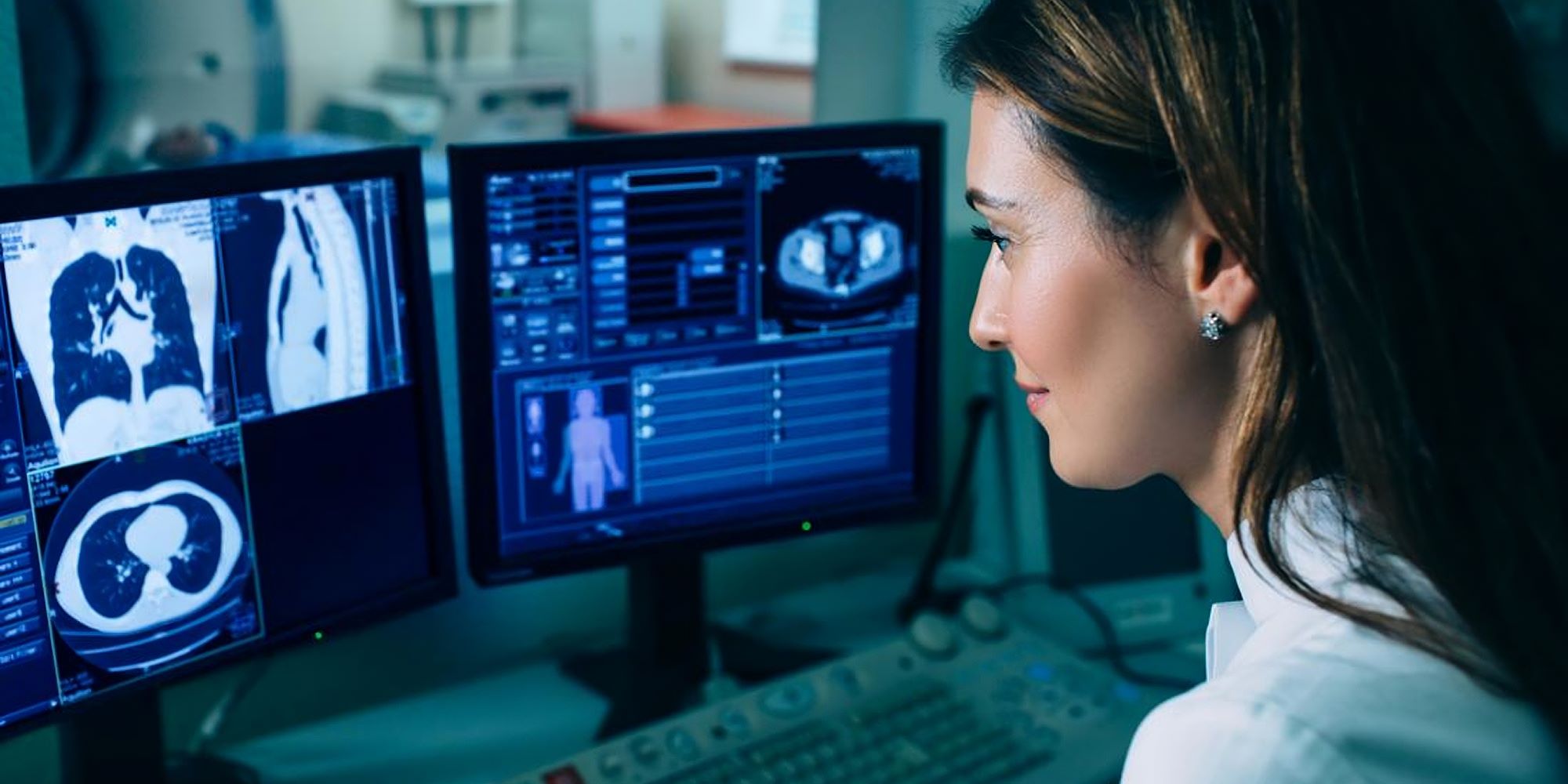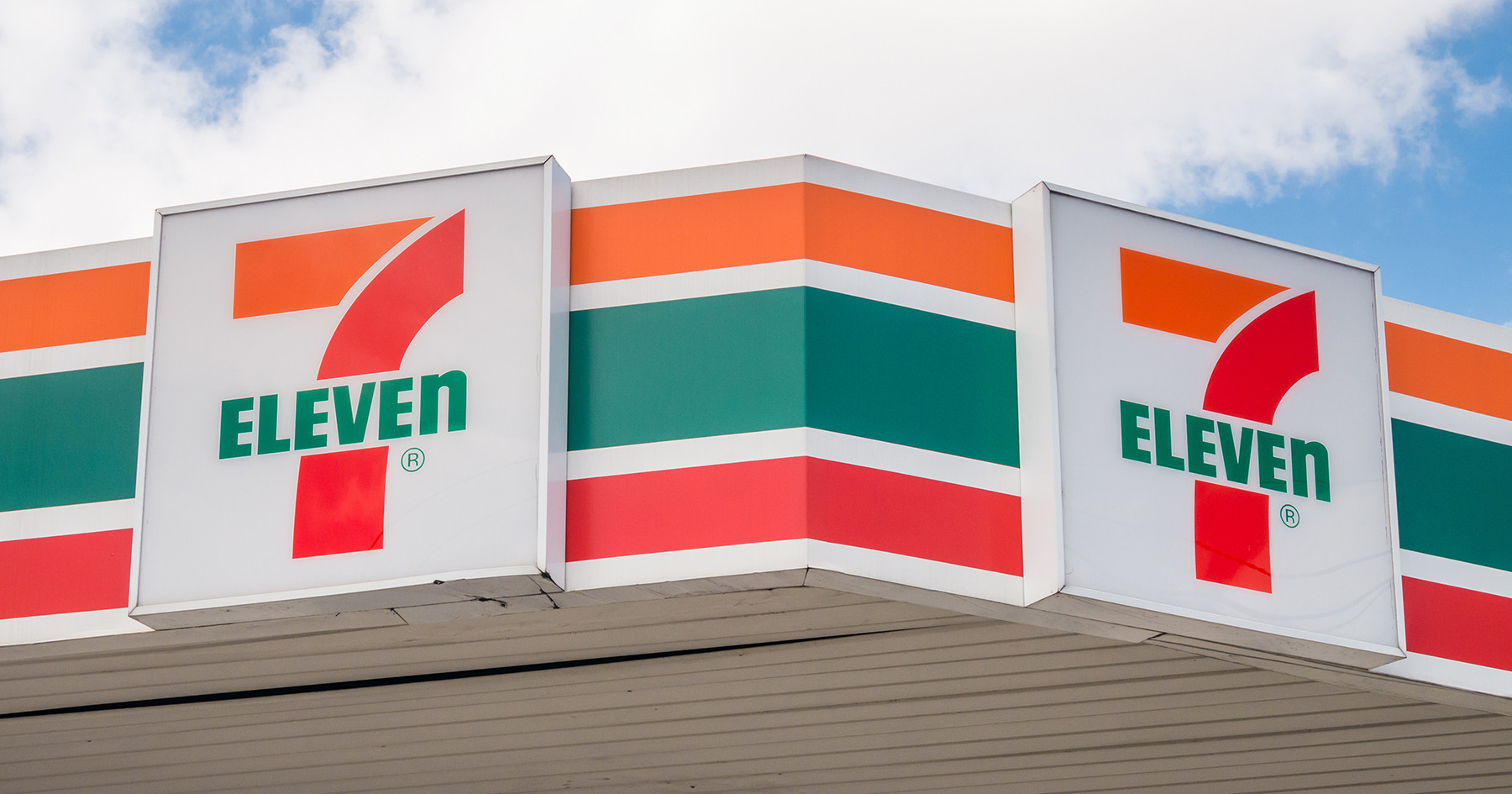The Latest AI Innovation Helps Detect Lung Cancer Faster

Recent studies indicate that a computer algorithm could outperform radiologists in detecting lung cancer. Source: medicalnewstoday.com
Great news comes from the UK. Hospitals in North Yorkshire and Greater Manchester have recently introduced AI (artificial intelligence) technology that can speed up the detection of lung cancer and other serious diseases. This technology is expected to improve the speed of diagnosis and ultimately lead to better treatment outcomes for patients.
Lung cancer is the leading cause of death worldwide. It starts with abnormal cell growth in the lungs, which are responsible for breathing. Smoking is one of the biggest risk factors, and the longer someone smokes, the higher their chances of developing lung cancer.
The new AI system developed can analyze chest X-rays in just 30 seconds and categorize the results by severity. It can detect up to 124 potential issues in less than a minute, speeding up the reporting process for healthcare providers.
A doctor is attempting to use the AI machine to detect lung cancer in one of the patients. Source: BBC
I
n 2022, the Imperial consultant led the first NHS study that tested technology for heart failure detection in care settings; since then, the technology has been expanded to detect lung cancer as well.
Dr. Daniel Fascia, a radiology consultant at Harrogate and District NHS Foundation Trust, explained that this technology helps reduce the backlog of diagnoses that piled up during the COVID-19 pandemic. “This technology will shorten the time needed to accurately report and diagnose X-rays,” he said.
The system was developed through a collaboration between the NHS, Greater Manchester Cancer Alliance, Greater Manchester Imaging Network, and global health tech company Annalise.ai. This partnership enables doctors to prioritize suspicious cases and provide faster diagnoses.
The AI software analyzes the X-rays to identify any abnormalities. Source: qure.ai (BBC)
UK Health Secretary Wes Streeting said that innovations like this AI technology will save lives by speeding up diagnoses, allowing patients to receive the best possible care more quickly. “As part of our 10-Year Health Plan, I’m committed to adopting innovations like this and transitioning healthcare from analog to digital,” he said.
Miss Toli Onon, Chief Medical Officer at Manchester University NHS Foundation Trust, also welcomed the technology. “We’re excited to be part of implementing this advanced technology and working with our partners in Greater Manchester to improve patient care outcomes,” she said.
This AI system is still being fine-tuned, with ongoing research to improve its ability to detect different types of cancer even faster. The goal is for it to diagnose various types of cancer in under a minute.
Researchers are also planning to test this method on patients with lung, brain, ovarian, and endometrial cancers—diseases that are hard to biopsy physically. In the future, this technology could be integrated into commercial medical imaging software.
Moreover, Breath Diagnostics Inc. is developing similar technology for cancer detection, using AI and advanced algorithms. This technology analyzes breath samples to detect early signs of lung cancer by identifying volatile organic compounds linked to cancer, offering a non-invasive diagnostic method.
References:
https://www.bbc.com/news/articles/c3e1xdk0d7wo
https://mugglehead.com/united-kingdom-hospital-uses-ai-to-help-detect-lung-cancer/
https://pmc.ncbi.nlm.nih.gov/articles/PMC10486721/
Tags:
Promotion
No promotions available.
Related Articles

Indonesia Agricultural Supplement Ranks Among the Top 100 Best Companies in ASEAN

5 Reasons to Study in Australia

7-Eleven to Close 444 Stores in North America as Part of Strategic Restructuring















